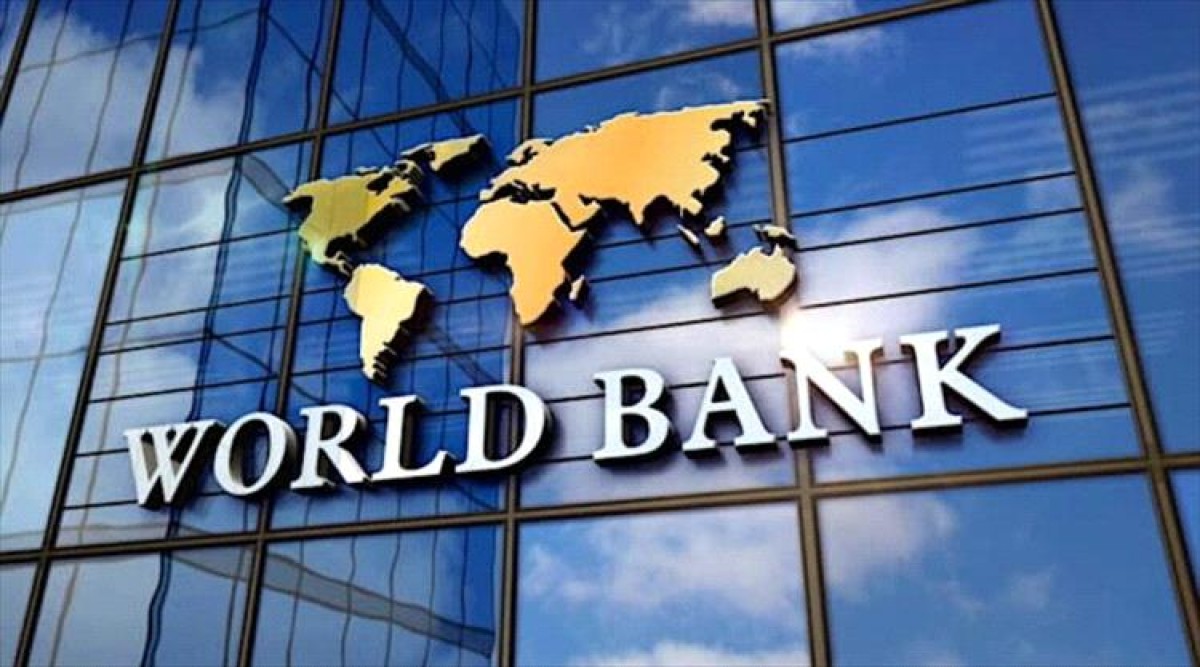World Bank: Yemen's economy faces increasing challenges


The World Bank confirmed that Yemen's economy faces increasing challenges as the conflict continues and regional tensions escalate. The bank expected that the gross domestic product would contract by 1% in 2024, after declining by 2% in 2023, which would lead to a further deterioration in the per capita share of real gross product, bringing the decline rate to 54% since 2015.
In its latest edition of the “Yemen Economic Monitor” report, the bank said that Yemen’s economy is still facing worsening challenges, as the prolonged conflict, political fragmentation, and escalating regional tensions push the country towards a more severe and dangerous humanitarian and economic crisis.
p>According to the report, the conflict has pushed most Yemenis into poverty, while food insecurity has reached unprecedented levels, with more than 60% of the population suffering from weak ability to obtain adequate food. He highlighted the great economic difficulties facing Yemen's economy due to the continued blockade imposed by the Houthis on oil exports, which led to a decline in the financial revenues of the internationally recognized government by 42% in the first half of 2024, preventing it from providing basic services to the population.
The report confirmed that the internationally recognized government’s cessation of oil exports led, in addition to the heavy reliance on imports, to the intensification of external pressures, causing the value of the Yemeni riyal to decline in the Aden market from 1,619 riyals to the dollar in January 2024, to 1917 riyals at the end of August.
The report pointed out that since 2023, the living conditions of the majority of the population have deteriorated significantly. In July 2024, telephone surveys, conducted by the World Bank, indicated that severe food deprivation had more than doubled in some governorates.< /p>
He pointed out the continued worsening of economic fragmentation between the areas controlled by the Houthis and those controlled by the internationally recognized government, as the disparity in inflation rates and exchange rates undermines the foundations of stability and future recovery efforts.
The report explained that regional tensions, especially in the Red Sea, led to a decline in shipping traffic by more than 60% through the strategic Bab al-Mandab Strait and the Suez Canal, but these disturbances have not yet resulted in a significant increase in consumer prices. He stressed that the economic prospects awaiting Yemen's economy in 2025 are still bleak, due to the continuing regional and internal conflict, which threatens to deepen fragmentation in the country and exacerbate its crisis on the social and humanitarian levels.
The report recommended strengthening institutions’ resilience, in order to manage inflation and confront public finance challenges. He proposed improving trade routes and facilitating access to financial services, in order to relieve pressure on Yemen's economy and prevent further fragmentation.
In this regard, the director of the World Bank’s office in Yemen, Dina Abu Ghaida, wrote in the body of the report: “The economic and humanitarian challenges in Yemen are becoming more severe, but the opportunity still exists to change this downward trend, by providing appropriate support. It is necessary to Taking urgent measures, including addressing imbalances in public finances and external accounts, alleviating food insecurity, and achieving greater stability. We remain committed to close cooperation with partners to support recovery efforts and pave the way for achieving a sustainable future in Yemen